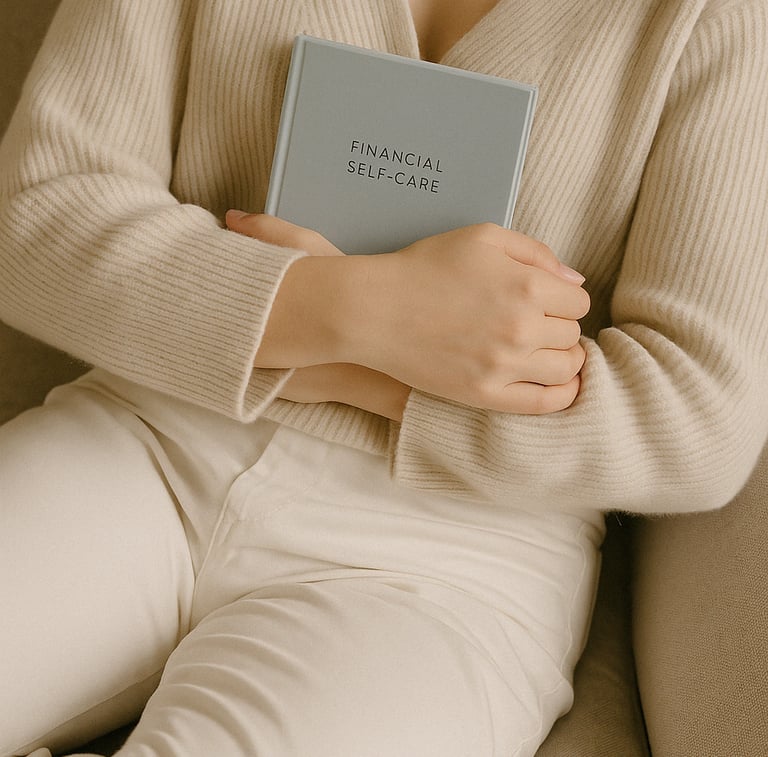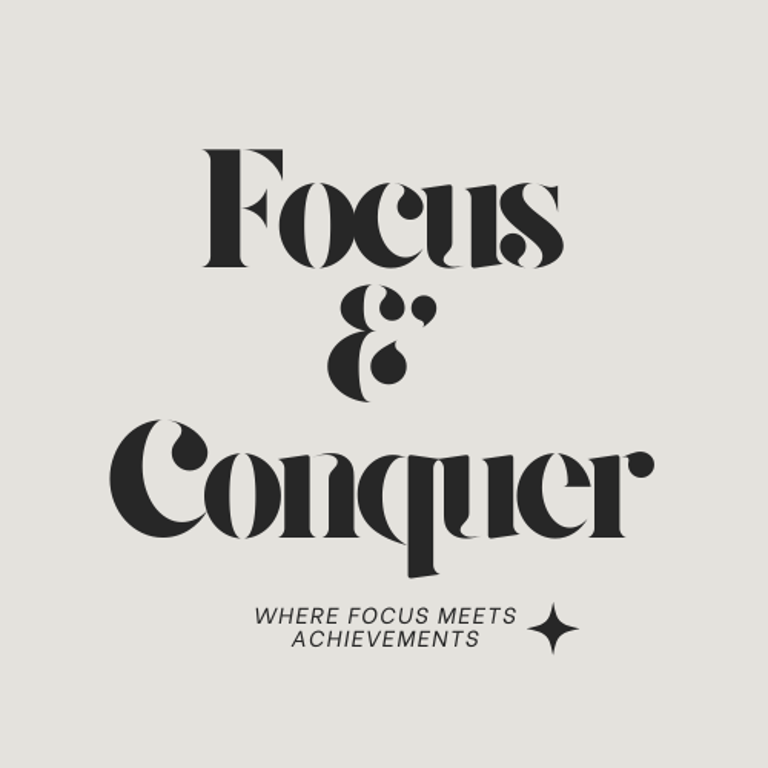Financial Self-Care: 7 Habits to Rebuild Trust and Safety With Money
Money doesn’t have to feel heavy or scary. In this heartfelt post, I share seven gentle financial self-care habits that helped me heal my relationship with money and feel more confident, safe, and empowered. Includes a free Financial Starter Kit with tools to begin today.
4/21/20252 min read


Financial Self-Care: How to Feel Safe With Money Again
There was a season in my life when opening my bank app felt like a threat. I’d hold my breath, peek at the balance, and immediately spiral: What am I doing wrong? Will this ever get easier?
It wasn’t about the number. It was about the fear beneath it.
Money is emotional. It holds our history, our hopes, our insecurities. And if you’ve ever felt anxious, ashamed, or overwhelmed around your finances, I want you to know: you are not broken. You’re just human.
The good news? You can heal your relationship with money. And it starts with something simple but powerful: financial self-care.
What Is Financial Self-Care?
Financial self-care is the practice of tending to your money with the same softness, respect, and consistency that you give to your physical or emotional wellbeing.
It’s not about spreadsheets and sacrifice. It’s about feeling safe, supported, and sovereign in your financial life.
And just like with other types of self-care, it doesn’t have to be perfect. It just needs to be yours.
Signs You Need Financial Self-Care
You avoid checking your bank account
You feel guilt when you spend money, even on essentials
You undercharge, overdeliver, or hesitate to raise prices
You delay financial decisions out of fear
You equate your worth with your income
Sound familiar? You’re not alone. And you don’t need to overhaul everything. You just need to start gently.
7 Micro-Habits to Rebuild Safety Around Money
These are habits I use in my own life—and recommend to my community. Start with one. Add more when you’re ready.
1. Weekly Money Check-In
10 minutes. Once a week. Just to look at your numbers, reflect, and breathe.
2. Rename Your Accounts
Change “Checking” to “Freedom Fund” or “Steady Flow.” Use language that feels good.
3. Track Wins, Not Just Expenses
Start a money wins journal. Write down every sale, saving, smart decision—even tiny ones.
4. Practice Money Mantras
Examples:
“I am safe with money.”
“Money supports my values.”
“It’s safe to look at my numbers.”
5. Create a Financial Ritual
Light a candle, play music, make tea—then open your spreadsheet. Make it a vibe, not a punishment.
6. Celebrate Every Payment
When you pay bills, whisper “thank you.” Gratitude softens fear.
7. Revisit Your Why
Write down why you want financial peace. Keep it visible. Let it guide your choices.
The Deeper Work: Self-Trust + Boundaries
Money triggers old stories. But it also invites new ones.
The more I practiced financial self-care, the more I:
Trusted myself to handle challenges
Said no to draining opportunities
Raised my prices without guilt
Felt proud instead of ashamed
Because I stopped trying to perform for my bank account—and started honoring my energy.
Want Support With This?
I created a free Financial Starter Kit that includes:
A gentle weekly check-in tracker
A money wins journaling page
A self-care + money habit checklist
👉 Download your Financial Starter Kit here
Use it as a starting point to build trust with your numbers.
Final Words
Money isn’t just math. It’s memory. It’s meaning. It’s personal.
But you’re allowed to feel safe with it. You’re allowed to soften. You’re allowed to build wealth from a place of peace.
Financial self-care is the bridge between fear and freedom.
Walk it one gentle step at a time.
With softness and strength,
Elisa
Founder of Focus & Conquer
